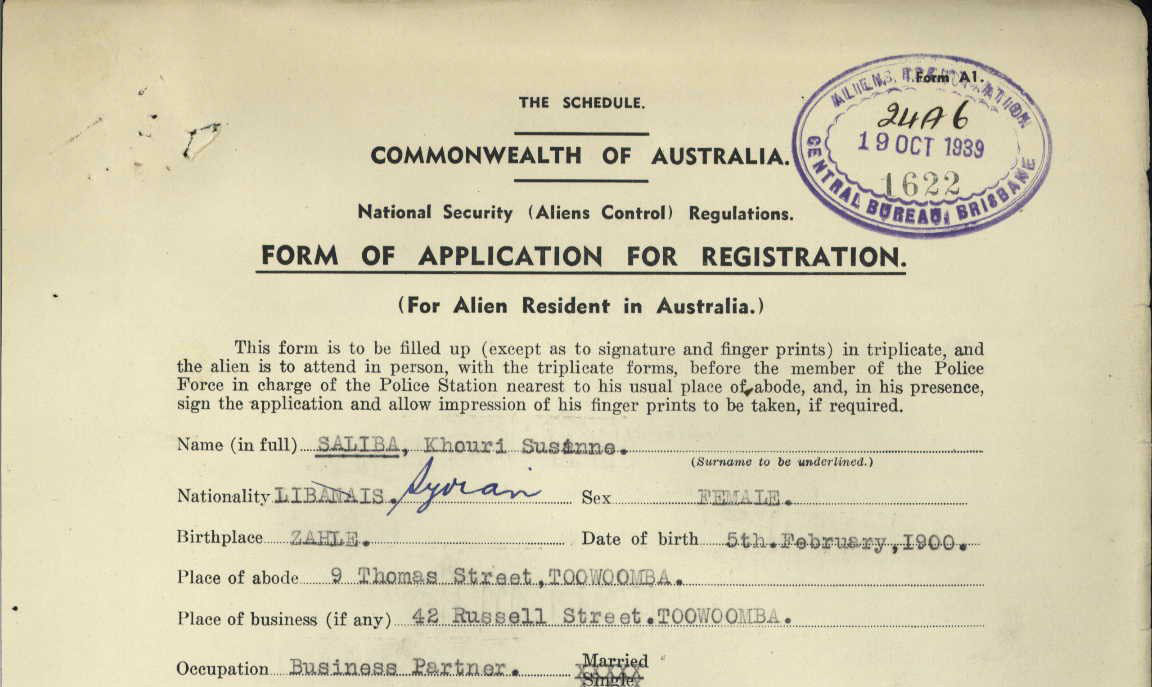Tell Me My Story: The Contribution of Historical Research to an Understanding of the Australian Lebanese Experience
DOI:
https://doi.org/10.24847/44i2017.136Keywords:
Australia, Lebanese, history, immigration, historical research, Australian Lebanese, archives, race, migration, diasporaAbstract
This study of the Lebanese in Australia from the 1880s to 1947 was an exercise in historical retrieval. Because the lives of the early immigrants were bound by racially based colonial and then state and federal legislation, archival records are a rich source of information about Lebanese and their status as a non-European, non-white, immigrant group in the context of a white Australia. Due to a deliberate silence about the past, most descendants did not know they were classified as Asian and were unaware of the specific difficulties their parents and grandparents faced as a consequence. When memories collected in oral history interviews and information from archival sources are woven together, it is possible to tell a more complete story. Sometimes, commonly held beliefs about the migration story are challenged; in other cases, the experiences of individuals make more sense when placed in a wider context.
Cover image: NAA BP25/1, LEBANESE SALIBA, Saliba, Khouri Susanne - Alien Registration Papers, Queensland. P. 10 of 11.

Published
Issue
Section
License
Copyright (c) 2017 Anne Monsour

This work is licensed under a Creative Commons Attribution-NonCommercial-NoDerivatives 4.0 International License.
Authors who publish with this journal agree to the following terms:
- Authors retain copyright and grant the journal right of first publication with the work simultaneously licensed under a Creative Commons Attribution-NonCommercial-NoDerivatives 4.0 International License, which allows others to share the work with an acknowledgement of the work's authorship and initial publication in this journal.
- Authors are able to enter into separate, additional contractual arrangements for the non-exclusive distribution of the journal's published version of the work (e.g., post it to an institutional repository or publish it in a book), with an acknowledgement of its initial publication in this journal.
- Authors are permitted and encouraged to post their work online (e.g., in institutional repositories or on their website) prior to and during the submission process, as it can lead to productive exchanges, as well as earlier and greater citation of published work (See The Effect of Open Access).
The content of this journal is licensed under a Creative Commons Attribution-NonCommercial-NoDerivatives 4.0 International License.

